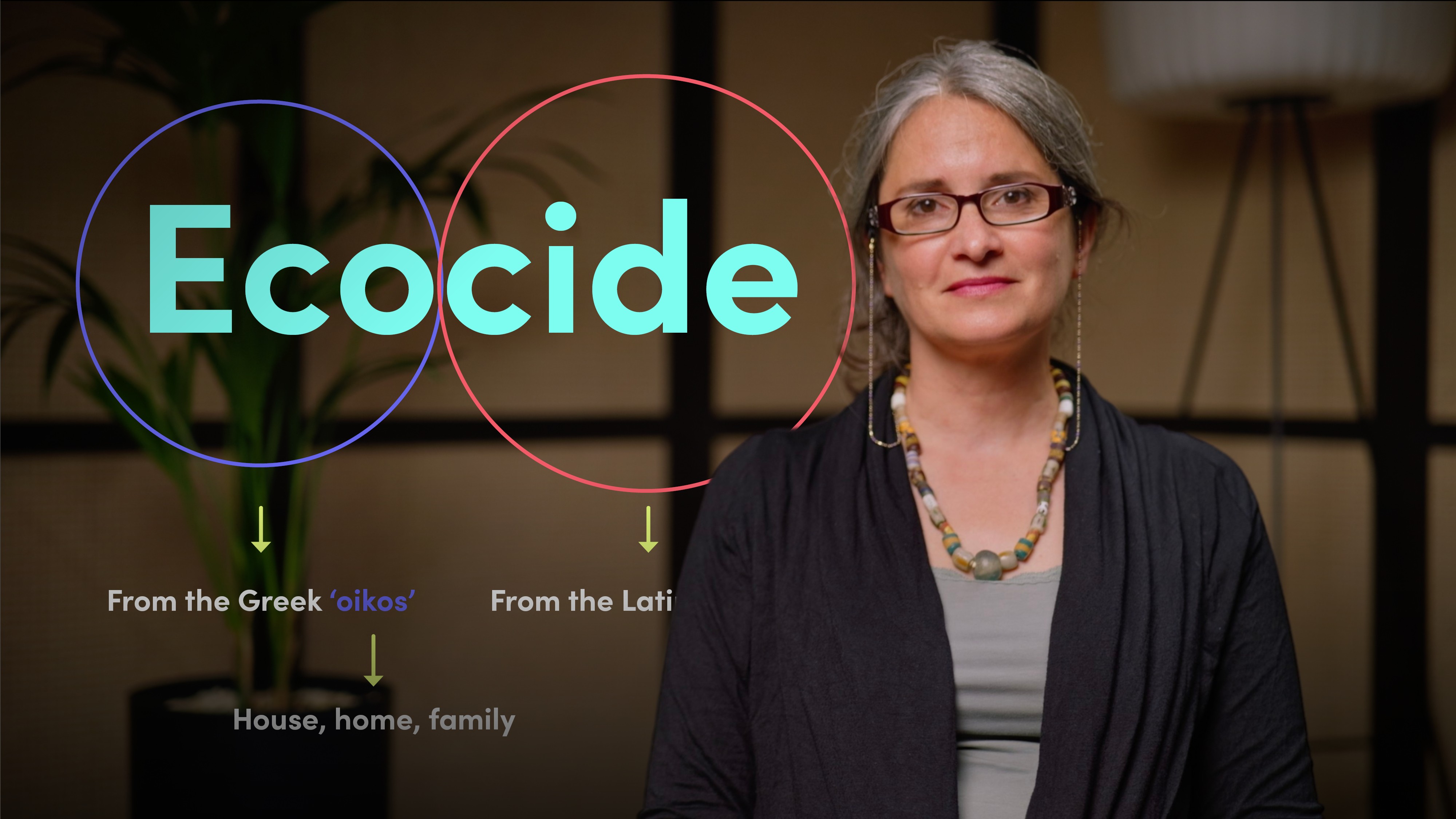
The Case for an Ecocide Law

Jojo Mehta
Co-founder: Stop Ecocide
There are legal penalties for destruction of private property. What should the penalty be for destroying the environment? Join Jojo Mehta as she explores the case for legally recognising ecocide.
There are legal penalties for destruction of private property. What should the penalty be for destroying the environment? Join Jojo Mehta as she explores the case for legally recognising ecocide.
Subscribe to watch
Access this and all of the content on our platform by signing up for a 7-day free trial.

The Case for an Ecocide Law
7 mins 26 secs
Key learning objectives:
Define ecocide
Understand why current legislation is not adequate
Outline the case to legally recognise ecocide
Overview:
Ecocide refers to deliberate acts committed with knowledge that there is a substantial likelihood of damage to the environment. There are a plethora of pledges, regulations and legislation that aim to protect the environment. However, most are not legally binding, are badly or inconsistently followed, woefully monitored, poorly enforced and open to corruption. Recognising ecocide in criminal law could prove to be a muscular, concrete and practical way to respond to the climate and ecological crisis. Passing ecocide into criminal law will help deter, prevent and protect.
Subscribe to watch
Access this and all of the content on our platform by signing up for a 7-day free trial.
Subscribe to watch
Access this and all of the content on our platform by signing up for a 7-day free trial.

Jojo Mehta
There are no available Videos from "Jojo Mehta"





























